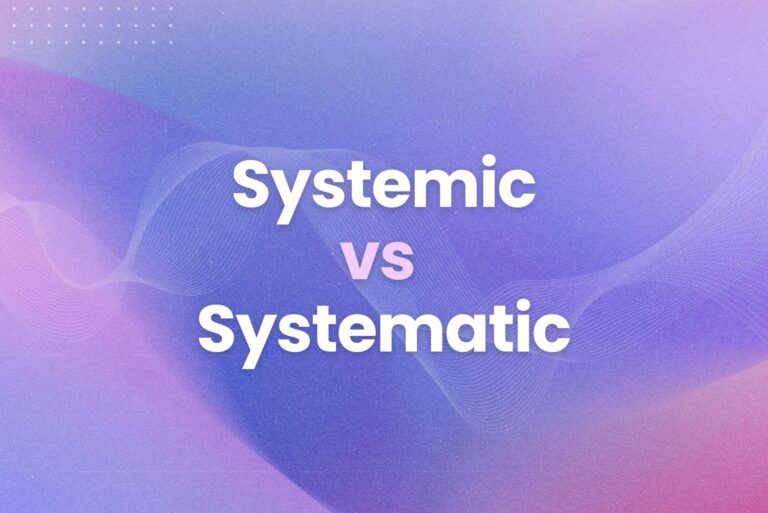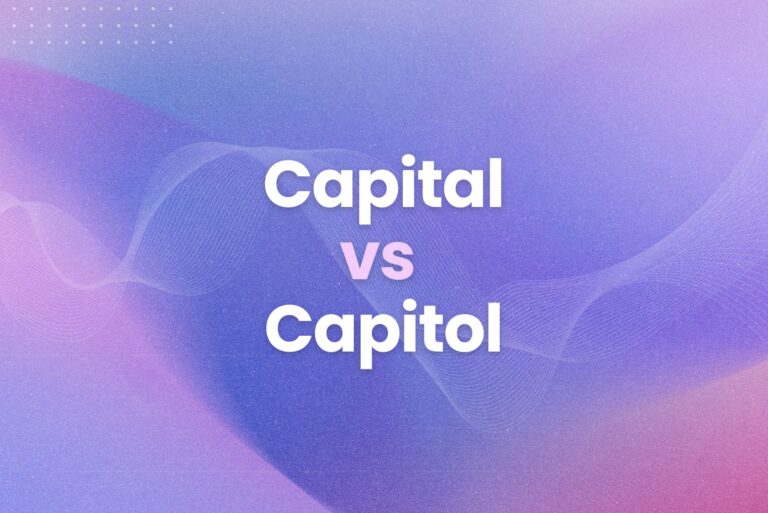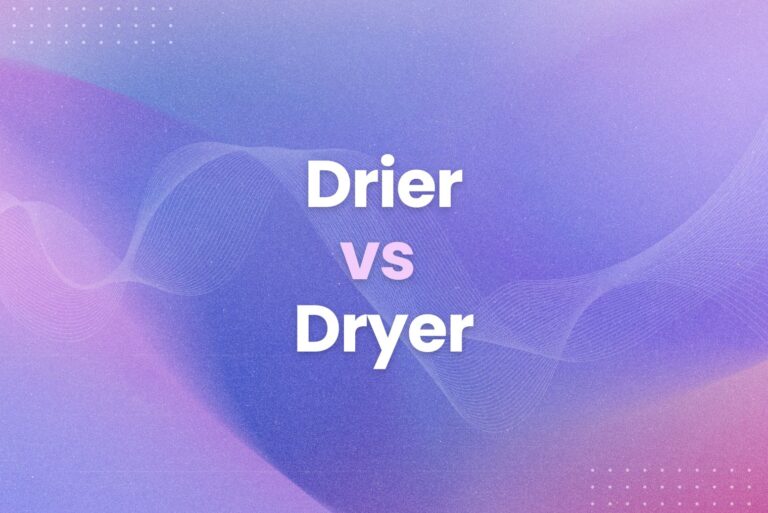The Difference Between Login or Log in Explained
Ever typed “login” and then hesitated, wondering if it should be “log in”? You’re not alone. This simple word choice trips up countless people daily. Consequently, it can lead to confusion. But, understanding the difference is easier than you think.
In short, this article clarifies the nuances between login or log in. We’ll cover:
- “Login” as a noun and adjective.
- “Log in” as a verb.
- Examples of proper usage.
- Common mistakes to avoid.
Let’s find out more.
“Login” as a Noun and Adjective
“Login” functions as both a noun and an adjective. Firstly, as a noun, it refers to the process of gaining access to a computer system or website. For instance, you might say, “I forgot my login.” This refers to your username and/or password. Secondly, “login” can also be used as an adjective. For example, a “login page” is the page where you enter your credentials. Similarly, a “login screen” serves the same purpose.
Consider these examples:
- “The website requires a secure login.” (Noun)
- “Click the login button to proceed.” (Adjective)
- “I had trouble with the two-factor login.” (Adjective)
In short, “login” as a noun represents the act of logging in. In contrast, as an adjective, it describes something related to the login process. Consequently, understanding this distinction helps avoid confusion. Moreover, using the correct form improves clarity in your writing.
“Log in” as a Verb
“Log in,” unlike “login,” functions exclusively as a verb. That is to say, it describes the action of gaining access to a system. For instance, you log in to your email account. Similarly, you log in to social media platforms. Consequently, using “log in” implies an active process.
Furthermore, here are some examples illustrating its usage:
- “Please log in to access your account.”
- “I need to log in before I can post a comment.”
- “She couldn’t log in because she forgot her password.”
As you can see, “log in” always involves an action. In other words, it’s something you do. In addition, remember that “log in” is always two words. This is a common point of confusion. Moreover, using “login” as a verb is grammatically incorrect.
For example, saying “I will login now” is incorrect. Instead, you should say, “I will log in now.” This distinction is important. Above all, using the correct form demonstrates attention to detail.
Examples of Login Log in
This section provides clear examples to solidify your understanding. Firstly, we’ll look at examples using “login” as a noun:
- “My login details are incorrect.” (Referring to username/password)
- “The website has a new login system.” (Referring to the access process)
- “I need to reset my login.” (Referring to the credentials)
Secondly, here are examples using “login” as an adjective:
- “Login credentials are required.”
- “The login form is on the right side of the page.”
- “This is the login screen for our members area.”
Thirdly, let’s examine examples using “log in” as a verb:
- “You must log in to view this content.”
- “I logged in successfully.”
- “She is trying to log in from her phone.”
In addition, consider these contrasting examples to highlight the difference:
- Incorrect: “I will login to my account.”
- Correct: “I will log in to my account.”
- Correct: “I need my login information.”
Furthermore, using Arvin can help you ensure you’re using the correct form. For instance, if you write “I will login,” Arvin can suggest the correction “I will log in.” This real-time feedback is invaluable. Therefore, Arvin helps you write with confidence.
Common Mistakes to Avoid
Avoiding common pitfalls is key to using “login” and “log in” correctly. Firstly, the most frequent mistake is using “login” as a verb. For example, writing “Please login now” is incorrect. Instead, use “Please log in now.” This distinction is crucial. Secondly, another common error is using “log in” as a noun or adjective. For instance, saying “My log in is incorrect” is wrong. The correct phrasing is “My login is incorrect.”
Let’s summarize the key points:
- “Login” is a noun (the access information) and an adjective (describing something related to logging in).
- “Log in” is a verb (the action of gaining access).
Remembering this simple rule can significantly improve your writing. In addition, consider these examples of incorrect usage and their corrections:
- Incorrect: “I need to reset my log in.”
- Correct: “I need to reset my login.”
- Incorrect: “Click the log in button.”
- Correct: “Click the login button.”
Write with Confidence: Arvin’s Got Your Back
Understanding the difference between “login” and “log in” might seem minor. However, it demonstrates attention to detail and improves clarity. Consequently, mastering this distinction elevates your writing.
Remember these key takeaways on login or log in:
- “Login” (noun): Refers to the username/password or the act of gaining access.
- “Login” (adjective): Describes something related to the login process.
- “Log in” (verb): The action of gaining access.
Similarly, tools like Arvin can further enhance your writing. For instance, Arvin’s grammar check instantly identifies and corrects these types of errors. Therefore, with Arvin, you can write with confidence, knowing your grammar is on point. In short, Arvin helps you present your best work.
FAQs
What is correct: log in or login?
Both are correct, but they have different functions. “Login” is a noun and adjective, while “log in” is a verb. Consequently, the correct choice depends on the context. For example, you have a login (noun), but you log in (verb).
Is it log in now or login now?
“Log in now” is correct. Since you are describing the action of logging in, you need the verb form. Therefore, use the two-word phrase “log in.”
Do you try to log in or login?
You try to log in. Again, this refers to the action of gaining access, so the verb form is required. Consequently, “log in” is the correct choice.
Is it log in or login to my computer?
“Log in” is correct. You log in to your computer. This describes the action you take to access your system. Therefore, use the verb form, “log in.”





